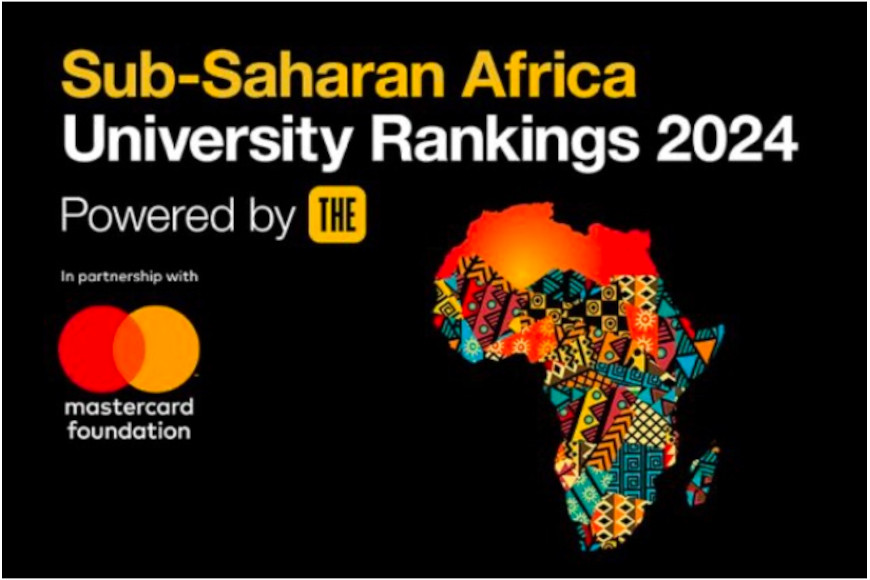The Durban University of Technology (DUT) has strengthened its position as a leader in academic excellence, achieving an impressive 11th place in the 2024 Times Higher Education (THE) Sub-Saharan Africa University Rankings. This marks a significant leap from its 13th position in 2023, reinforcing DUT’s ongoing commitment to transformative education, research and innovation. This year, a total of 129 universities from 22 countries in the Sub-Saharan region were represented on the rankings list.
DUT was confirmed as the number one ranked university of technology and fifth amongst all South African universities. Professor Fulufhelo Nemavhola, Deputy Vice-Chancellor: Research, Innovation & Engagement at DUT, attributed this achievement to the university’s ENVISION2030 strategic plan and its consistent commitment to research and innovation. He stated, “This recognition highlighted DUT’s dedicated focus on research and innovation that drives societal impact. It reflected the hard work, excellence and dedication of our staff and students, as we continue our journey to improve lives and livelihoods.”
The Times Higher Education Sub-Saharan Africa University Rankings were created to address the unique challenges faced by higher education institutions in the region. The 2024 edition, which was the second of its kind, included updated metrics such as leadership, ethics and African heritage, ensuring a more comprehensive evaluation of institutions. These metrics emphasised inclusion, economic growth, sustainability and African impact, areas where DUT continues to excel.
Phil Baty, THE’s Chief Global Affairs Officer, highlighted the distinctiveness of these rankings, saying, “The Sub-Saharan Africa University Rankings focus on metrics that matter most to the development of nations south of the Sahara. This ensures that institutions are recognised for their role in driving meaningful change across the continent.”
DUT’s rise in the rankings is a testament to its Philosophy of Education which produces adaptive graduates who transform society.
Alan Khan

